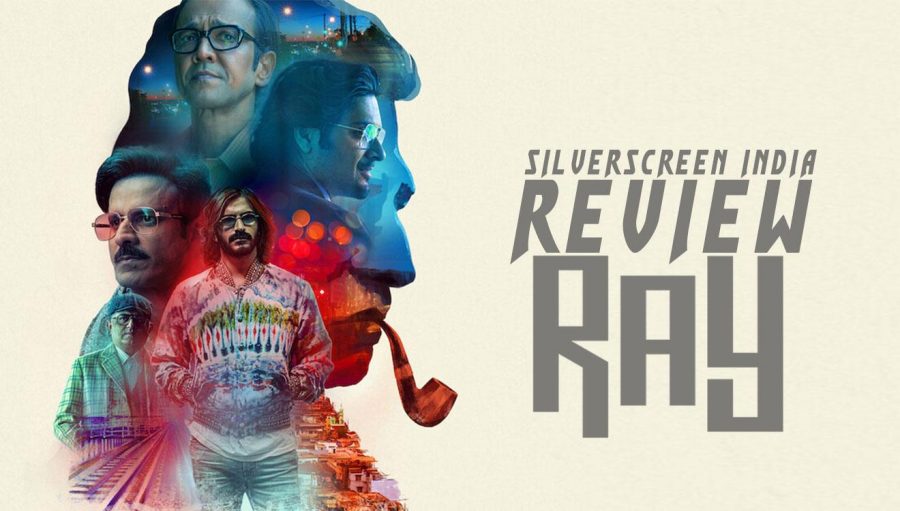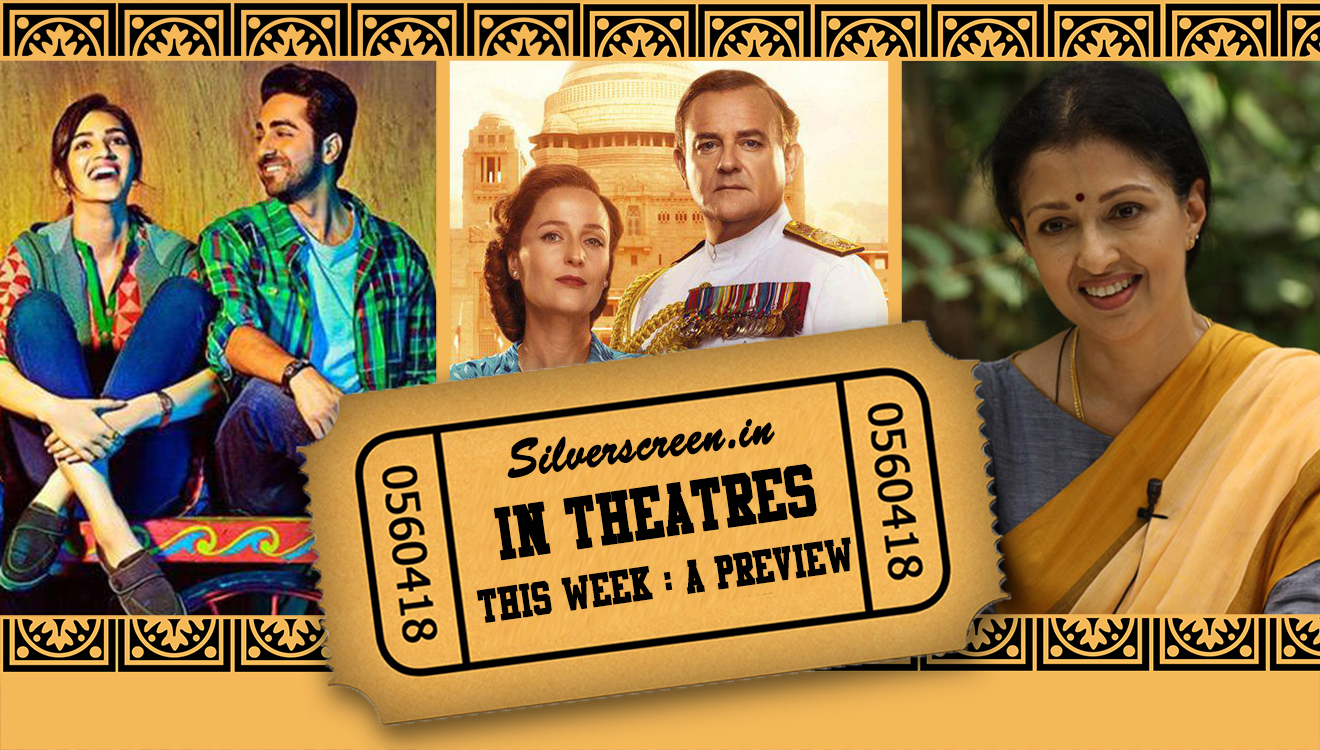One of the common threads that connect the four short films that comprise the Netflix series Ray, based on the short stories of filmmaker-author Satyajit Ray, is the theme of identity. Conflicts arise from the gap between what the characters really are and how they want to be seen by the world.
In filmmaker Srijit Mukherji’s Forget Me Not, self-doubt infects a wealthy young entrepreneur and turns his system upside down. In his Bahurupiya, a make-up artist suffering from a severe case of God complex, gets sucked into a lie he created. In Abhishek Chaubey’s Hungama Hai Kyon Barpa and Vasan Bala’s Spotlight, the characters assume dual identities, one of which they have carefully hidden from the rest of the world.
Ray is less about Satyajit Ray, the towering figure the series seeks to pay homage to, than it is about the filmmakers helming the segments. Ray disliked Bollywood’s glitz and gaudiness. Ironically, the four short films are different expressions of Bollywood in terms of scale and aesthetics.
Srijit Mukherji, the popular Bengali filmmaker, replaces the sparing nature of Ray’s stories (and films) with an abject visual excess. In Forget Me Not, a dark and humourless translation of Ray’s short story Bepin Choudhury’s Lapse Of Memory, several cinematic devices, at once, point towards the same statement — all it takes to collapse a well-built system is one lapse of judgement. The film is too flashy to possess any moral ambiguity. In its tail-end, the film takes the viewers on a painful expository recap of the events.
In Bahurupiya, written by Siraj Ahmed, Kay Kay Menon plays a genius but mousy prosthetic make-up artist who, struck by a God complex, starts to pull a prank on the world. Menon’s performance is inspiring, but Mukherji’s high-handed execution obfuscates the story’s psychological undertow.
Ray’s original stories are about men fooling men. Mukherji adds women to the narrative to make them timely — Forget Me Not, for one, seems to address the Me Too movement. Despite the moderate power they hold in the plot, the women in his films are objects of desire or motifs for downfall. In Bahurupiya, an adaptation of Chameleon, the woman is always seen in the bedroom, mumbling clunky lines about love, the camera feasting on her bare shoulders and back.
The setting in Forget Me Not is elaborate and every frame is dressed in multiple layers of clothing. However, its central character, Ipsit Nair (Ali Fazal), is a Malayali who mispronounces his surname and speaks in a strange mix of chaste Tamil and Kannada when he has to remind the audience of his origins.
Abhishek Chaubey’s Hungama Hai Kyon Barpa is an adaptation of a famous short story, Barin Bhowmik’s Ailment, but never once does the familiarity breed ennui. Chaubey’s film has a slick sense of humour and displays unique world-building techniques. When Musafir Ali (Manoj Bajpayee), the celebrated ghazal singer, looks into the mirror inside a train compartment, he sees a rock star cheered on by a sea of admirers. When he turns around, the real world merges with his mindscape; the railway platform metamorphoses into a concert hall where beautiful women gaze at him. With smoothness and economy, Chaubey compresses time and space and builds on a two-person chamber drama.
Chaubey, unlike Mukherji, makes an effort to recreate the playfulness in Ray’s literature. Barin Bhowmik’s Ailment is, essentially, about grown men who mourn the loss of a prized possession for years, who are sweet enough to feel the prick of consciousness that takes them to strange people and places. The interaction between the two men (Bajpayee and Gajraj Rao) is superbly directed and acted. Musafir’s reticence contrasted against Aslam Baig’s extroversion, the former’s prick of conscience against the latter’s genuine love for social interaction.
In Vasan Bala’s Spotlight, Ray is acknowledged not through aesthetics but shallow spoken lines. The irreverence is, at once, enjoyable and ungracious. Spotlight revolves around a superstar (Harshvardhan Kapoor) who wants to tap into his inner ‘artist’ self rather than succumbing to the industry’s shallowness. But the critics have been writing him off, deriding his inability to emote. A chance encounter with the members of a cult headed by a mysterious woman named Didi provokes him to test his limits. He explodes in anger, and in the same breath, sinks into self-reflection.
Recommended
There is some delightful, absurdist humour that might make one forget the film’s lack of meaning. The superstar, who feels emasculated by Didi’s growing power, regains it when he realises the God-woman draws inspiration from his “look”.
The power the characters wield in Spotlight is an illusion, a web of farce woven by mainstream Hindi cinema. Ray is merely a catalyst from whose shoulder Bala furnishes his second ode to Bollywood, an industry which is, at the moment, passing through an existential crisis.
*****
The Ray review is a Silverscreen original article. It was not paid for or commissioned by anyone associated with the movie. Silverscreen.in and its writers do not have any commercial relationship with movies that are reviewed on the site.



